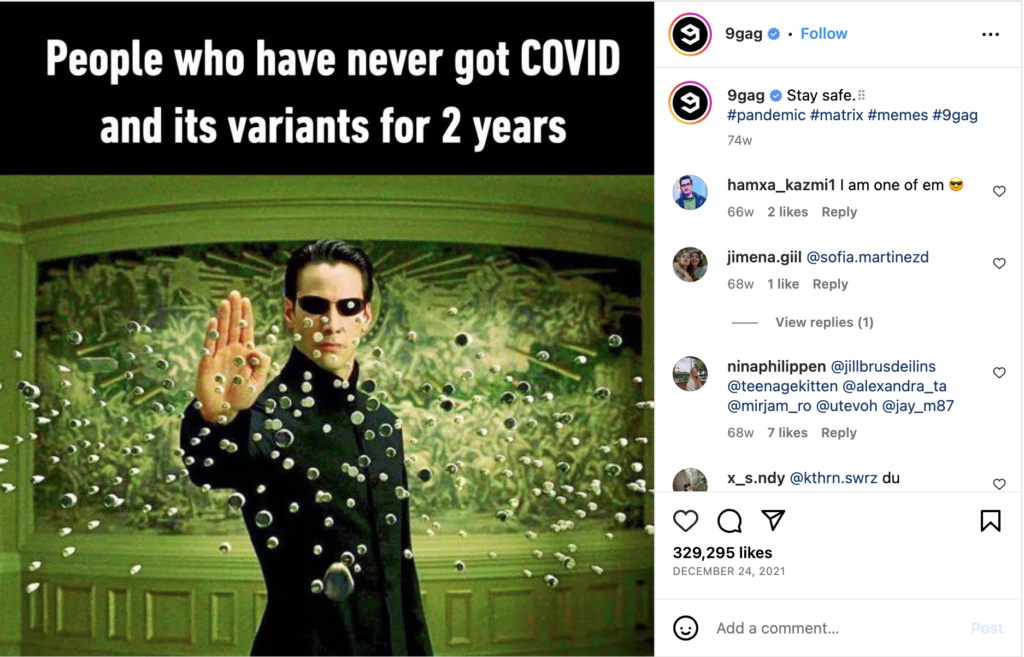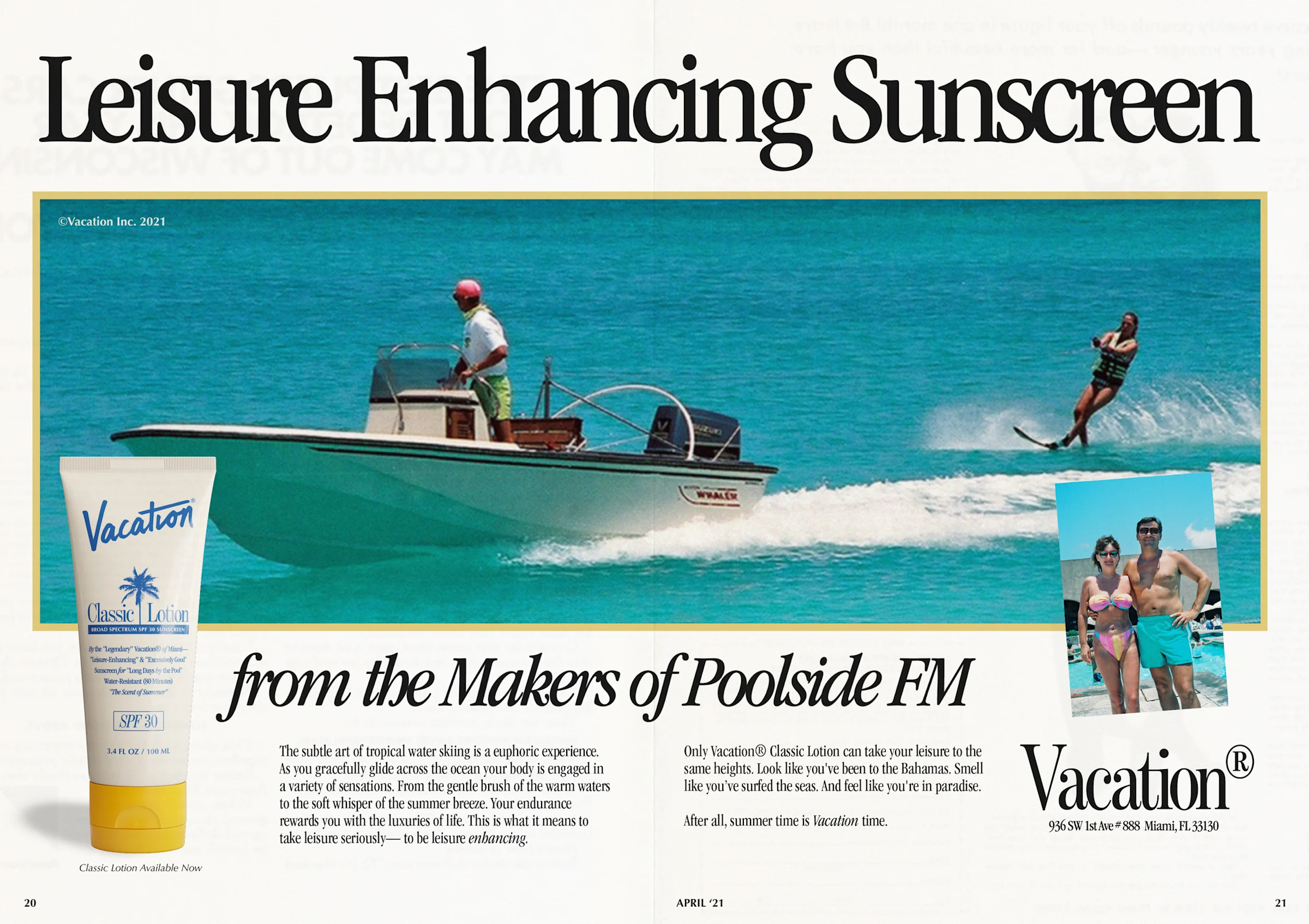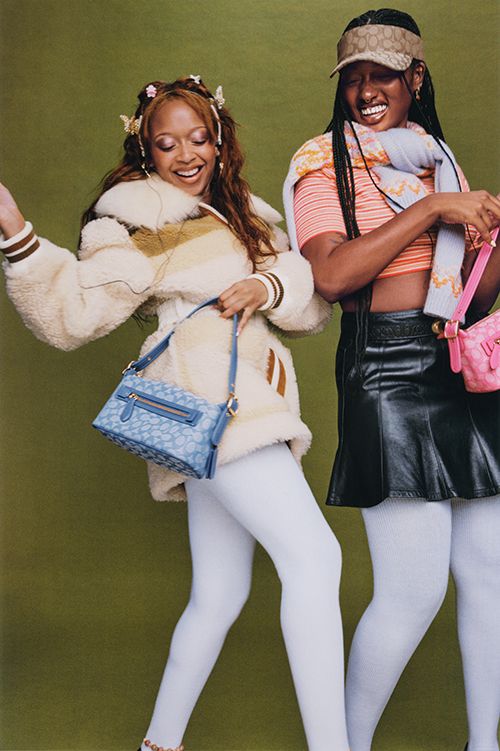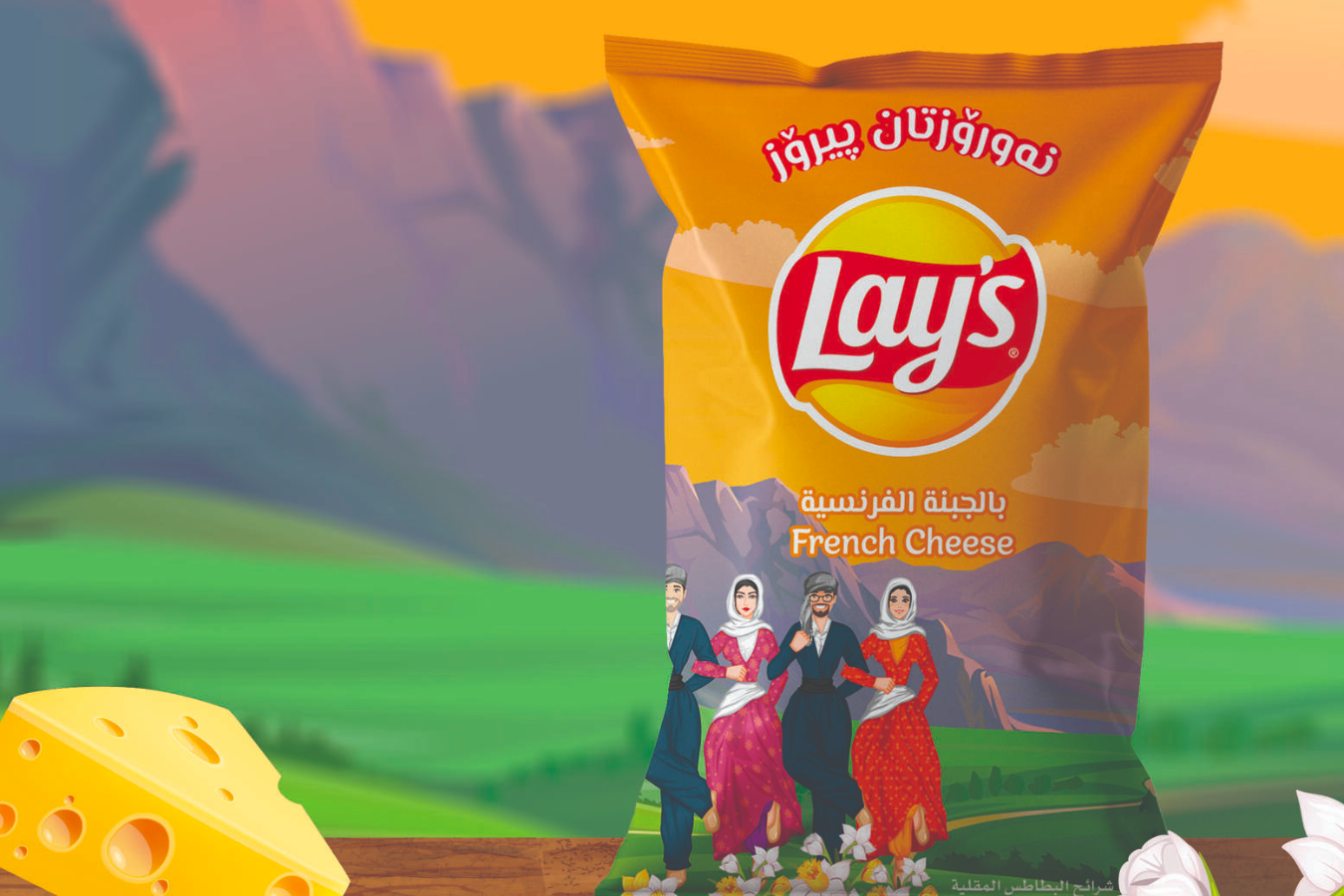Gen Z marketing: 4 steps for success
Old marketing playbooks don’t work for Gen Z. Learn how to build a successful Gen Z marketing plan with these tips.

share this article
Ready to unleash the full power of marketing?
Gen Z, or anyone born between 1997 and 2012, is the up-and-coming generation that occupies an important chunk of today’s consumer market. They have a lot to spend—in fact, according to Bloomberg, Gen Z has $360 billion in disposable income.
“As millennials enter into middle age, Gen Z is now the driving force behind our culture, so the importance of having their buy-in is enormous,” says Farley White, a brand strategist and owner of Farley White Creative. “Ignoring them is not really an option anymore.”
Given Gen Z’s impact on society and the consumer market, it’s vital for companies to grab their attention and connect with them. Here’s what you need to know to get started on your Gen Z marketing strategy.
The most important platforms for Gen Z marketing
As the first generation to come of age with smartphones, Gen Zers have grown up with quick and easy access to the internet, which is why they’ve earned the moniker “digital natives.” The youngest in the generation, who are now entering their teenage years, have never known life without smartphones and social media. If you want to capture the attention of Gen Z, choosing the right platforms and content is mission critical.
According to a study by Morning Consult, YouTube is the most popular social media platform for Gen Z, followed by Instagram, TikTok, and Snapchat—all platforms where video content reigns. Gen Zers are even starting to ditch Google Search in favor of TikTok and Instagram to get their information. In fact, 40% of Gen Zers prefer TikTok or Instagram as a search engine instead of Google.
“In TikTok they trust!” says Bethany Fraser, the founder of 21 Media Group and a contributor to the Edelman Gen Z Lab report.
She adds, “It’s pretty important for brands to have a mobile plan and presence, because mobile is where they are congregating. It’s where Gen Z is consuming information and creating information.” According to a study by IBM, 75% of Gen Zers selected mobile phones as their device of choice even though 69% of respondents reported also having a laptop or PC.
How can companies successfully market to Gen Z?
1. Have clearly defined brand values
Clearly communicate your brand’s purpose or else Gen Z isn’t likely to be interested, no matter how great your prices or brand aesthetics are.
“Gen Zers thrive on the ‘no bullshit’ culture,” explains Meryl D’Sa Wilson, a content marketer and audience researcher. “Everything they do must have a clear and defined purpose that makes sense to them and they do not wish to waste time on anything that infringes upon their values.”
Gen Zers are very vocal and are advocates for issues like gender pay equity, LGBTQ+ rights, and climate change. In fact, Edelman’s Gen Z Lab report found that 70% of Gen Z is involved in a social or political cause and 90% want brands to get involved.
“I like to see brands fight for a cause through their product and outside of it,” says Camaraelle Millord, a member of Gen Z and a recent graduate in business administration.
One brand that does that successfully is Ben & Jerry’s, says Camaraelle. The iconic ice cream brand has advocacy embedded into its values and has been speaking out loudly on issues like systemic racism for years. For example, in 2016, they issued a strong statement in support of the Black Lives Matter movement on their website and social accounts. They also rebranded their Change is Brewing flavor during the 2022 midterm election “to celebrate the power of Black voters.”
Companies can harness Gen Z’s advocacy for certain causes by finding ways to unite them and facilitating collaboration and action, says Bethany.
2. Be authentic
“This is a generation that knows how to find out information and fact-check,” states Meryl. “They’ll hold you accountable for what you say you do. So, it’s best to be honest and effective in your marketing endeavors; avoid over-embellishing your brand.”
To build lasting connections with Gen Z, you have to earn their trust by being transparent and trustworthy. If your brand is promoting certain values, you’ve got to stand behind them. “They don’t buy into things like greenwashing,” explains Farley.
For example, fast fashion brands have faced backlash for marketing their products as “sustainable” and “green” without taking sufficient action to back up those claims.
Prominent Gen Z environmental activist Greta Thurnberg has even used her platform to publicly call out the industry, writing on Instagram: “Many are making it look as if the fashion industry are starting to take responsibility, by spending fantasy amounts on campaigns where they portray themselves as ‘sustainable,’ ‘ethical,’ ‘green,’ ‘climate neutral,’ and ‘fair.’ But let’s be clear: This is almost never anything but pure greenwashing. You cannot mass produce fashion or consume ‘sustainably’ as the world is shaped today.”
3. Don’t be afraid to use humor
In the 2020 Global Web Index survey, 41% of Gen Z respondents said their main reason for using social media was “to find funny or entertaining content.” Another study found that 94% of Gen Zers prefer brands to be funny. So, using humor in your content can help your brand connect with a younger audience.
But, be careful—not all humor resonates with Gen Z and it’s important to understand what works for them, namely “absurd humor,” which is similar to dark comedy. It’s all about being irreverent and finding something to laugh about even in the face of difficult circumstances, like the Covid pandemic.

Gen Z humor is known for memes, in-jokes, and internet culture references. These days, a lot of that is happening on TikTok, where humor trends can change from one month to the next. “A 10-second TikTok that uses a trending edit or audio and shows that you understand their humor will beat out the 90-second, high-budget marketing video,” says Farley.
One company that’s found success with this strategy is Ryanair. The budget airline is “getting on board with TikTok trends and being a little irreverent with them, which has generated a lot of hype,” Farley explains.
The results: Ryanair currently has 2 million followers and 29.9 million likes on TikTok, and the page is filled with comments like, “The guy who is in charge of the Ryanair TikTok needs a raise,” and “I’m only flying Ryanair cause of their Tiktok [sic] admin.”
Duolingo is another brand known for its Gen Z marketing, as the team behind the language learning app creates entertaining and funny content featuring its mascot, Duo the Owl.
Zaria Parvez, the Gen Z marketer who serves as Duolingo’s global social media manager, has said that her strategy includes performing a lot of social listening on TikTok, recreating memes, and utilizing viral trends. The owl plays a big part in this content and is frequently seen interacting in its sassy way with global brands like McDonald’s.
4. Evoke nostalgia
Nostalgia is a huge trend among Gen Z. In fact, the nostalgia hashtag has 18.9 billion views on TikTok, and vintage and thrift shopping are booming as Gen Zers “have embraced second-hand fashion faster than any other age group,” according to NPR.
“It is a feeling of remembrance and familiarity that brings joy and comfort,” explains recent grad Camaraelle.
These days, brands are jumping on the nostalgia trend by employing 80s and 90s aesthetics, says Farley, who notes Vacation sunscreen (and its nod to 80s beach culture) as a success story.

Another company that has leveraged nostalgia to capture the attention of Gen Z is Coach. In 2022, the legacy fashion brand reimagined its iconic Demi bag for the new generation, uniting Y2K fashion with popular Gen Z figures Anajah Hamilton and Gabrielle Richardson.

Whether you use nostalgia, humor, or other tactics, marketing to Gen Z is all about knowing what they want and where they want to see it, and adjusting your strategy to fit. As Farley says, if you want your brand to resonate with this generation, the most important thing is to “take the time to understand what they value in culture, interests, and aesthetics instead of trying to force yours onto them.

